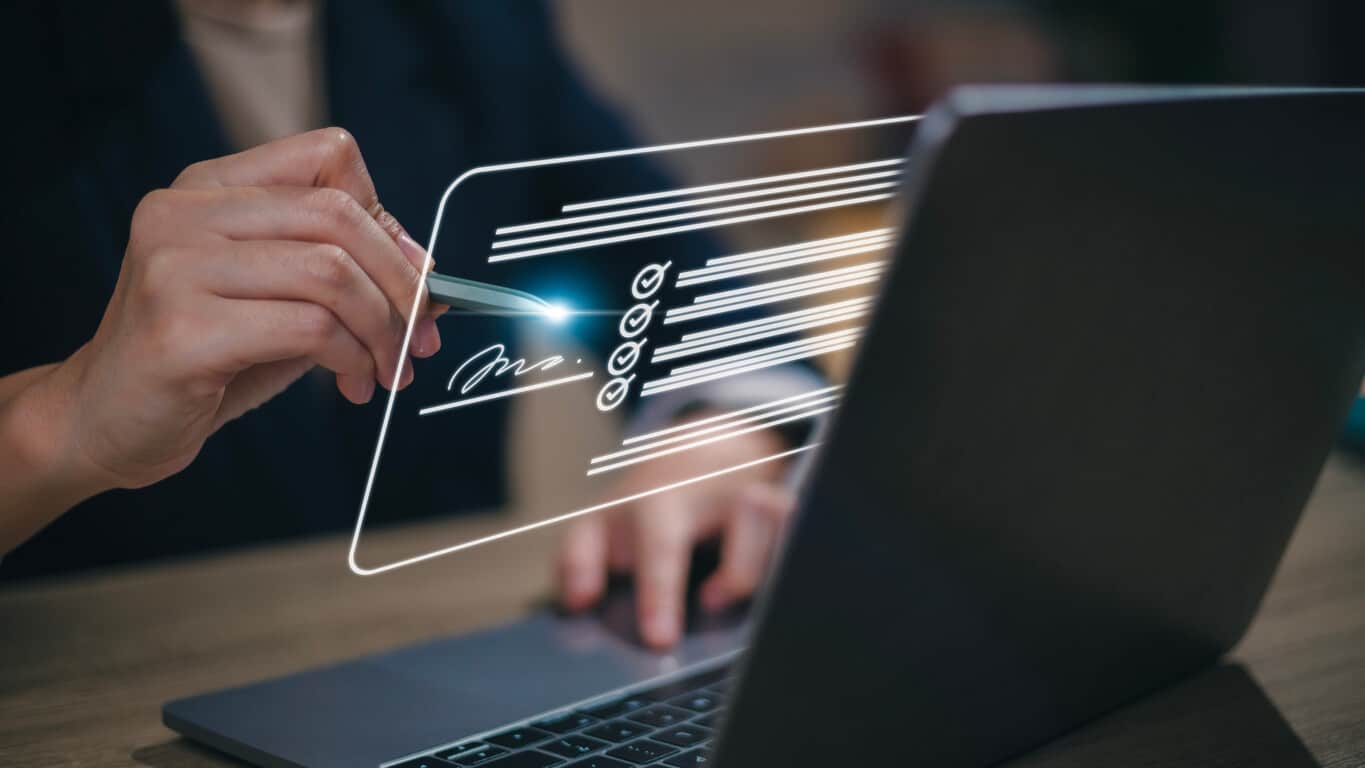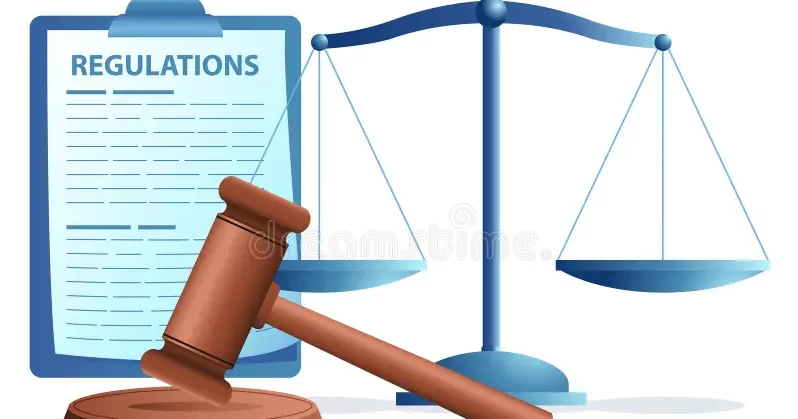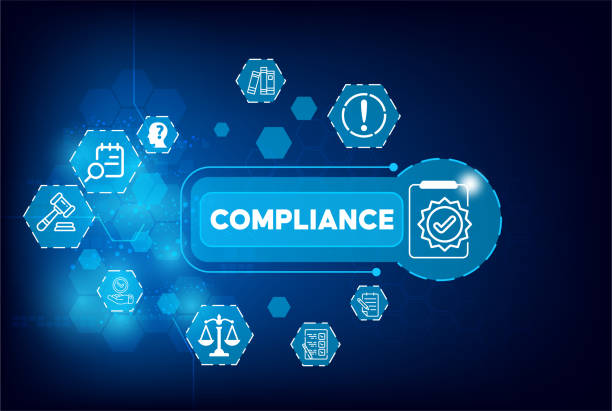In today’s digital world, conducting business online is increasingly common. A significant part of this digital shift involves using digital contracts and electronic signatures to close deals and formalize agreements without the need for physical paper or in-person meetings. For many in Nigeria, these concepts may feel new or unfamiliar. This guide will break down what digital contracts and electronic signatures are, their benefits, and how they work within Nigeria’s legal framework.
What Are Digital Contracts?
A digital contract, sometimes called an electronic contract, is simply a legally binding agreement created and signed online. Unlike traditional contracts written on paper, digital contracts exist in electronic format. They contain all the same elements as a physical contract, such as the agreement terms, obligations of each party, and a signature to show commitment.
For example, if you’re a freelancer in Nigeria working with an international client, instead of mailing a physical contract, you could create a digital contract, send it via email, and have both parties sign it online. This is faster, more efficient, and aligns with how business is conducted today.
What Are Electronic Signatures?
An electronic signature, or e-signature, is a way to sign documents digitally, often using a mouse, touchpad, or touchscreen. It serves as a virtual “stamp” of approval on a document and is legally recognized in many countries, including Nigeria. Some common forms of electronic signatures include:
- Typed signatures: Simply typing your name at the bottom of an email or document.
- Drawn signatures: Using a touchpad, mouse, or stylus to write your signature.
- Click-to-sign: Clicking a button to confirm you agree to the terms of the contract.
- Biometric signatures: Signatures verified through fingerprints or facial recognition, often used for added security.
Legal Status of Digital Contracts and Electronic Signatures in Nigeria
In Nigeria, digital contracts and electronic signatures are recognized and regulated by the Nigerian Evidence Act of 2011 and the Cybercrimes (Prohibition, Prevention, etc.) Act of 2015. According to the Evidence Act, electronic records (such as digital contracts) are admissible in court, and electronic signatures are recognized as legally binding if they meet certain criteria. Here’s what that means:
- Intent to Sign: The signer must clearly intend to sign the document and agree to the terms.
- Authenticity: There should be evidence that the signature belongs to the individual, often verified through security features like passwords, PINs, or unique links.
- Consent: Both parties must consent to using electronic signatures and digital contracts.
These regulations make digital contracts and e-signatures legally enforceable in Nigeria, meaning they carry the same legal weight as paper contracts.
Benefits of Digital Contracts and Electronic Signatures
- Convenience and Speed: You can sign and share documents instantly, saving time on printing, scanning, and mailing.
- Cost-Effective: Digital contracts reduce the need for paper, ink, and postage, which can save costs, especially for small businesses or startups.
- Accessibility: Contracts can be signed from anywhere, which is useful in remote or international business dealings.
- Security: Digital contracts and electronic signatures often come with security features like encryption, making it difficult to alter or tamper with documents.
- Reduced Errors: Many digital contract platforms include features to ensure all necessary fields are completed, reducing mistakes or omissions.
How to Use Digital Contracts and Electronic Signatures in Nigeria
- Choose a Reliable Platform: Several online platforms, like DocuSign, Adobe Sign, and Nigerian-based options, can help create, send, and manage digital contracts.
- Draft a Clear Contract: Ensure your digital contract clearly states the terms and obligations of both parties, just as you would in a traditional contract.
- Request Electronic Signatures: Use the platform’s built-in tools to request electronic signatures from the other party. Usually, they will receive a link, follow it, and sign.
- Store Safely: Save copies of signed contracts in a secure digital storage space, like cloud storage or a company server. This way, you’ll have easy access in case of disputes or legal requirements.
Important Considerations When Using Digital Contracts and E-Signatures
- Data Privacy: Ensure that your digital contracts platform complies with data privacy regulations to protect your information and that of the other party.
- Consent and Disclosure: Both parties must agree to the use of electronic signatures. Clearly disclose that the document will be signed electronically.
- Legal Advice: For complex contracts, consider consulting a lawyer to make sure the contract covers all necessary details and remains enforceable in court.
Common Misconceptions
- Digital Contracts Are Not Secure: Many people worry that digital contracts are vulnerable to fraud, but reputable platforms use encryption and authentication methods to make them secure.
- Electronic Signatures Are Not Legally Binding: While physical signatures are more familiar, electronic signatures are legally binding in Nigeria as long as they meet the necessary requirements.
- Digital Contracts Are Only for Big Businesses: In fact, digital contracts are accessible and practical for businesses of all sizes, from freelancers to large companies.
CONCLUSION
Digital contracts and electronic signatures are transforming business in Nigeria, providing faster, more convenient ways to formalize agreements. They are legally recognized, cost-effective, and secure, making them a practical choice for anyone looking to streamline their business operations. With the right tools and a good understanding of the legal framework, you can confidently use digital contracts and electronic signatures to handle business transactions efficiently and professionally.








